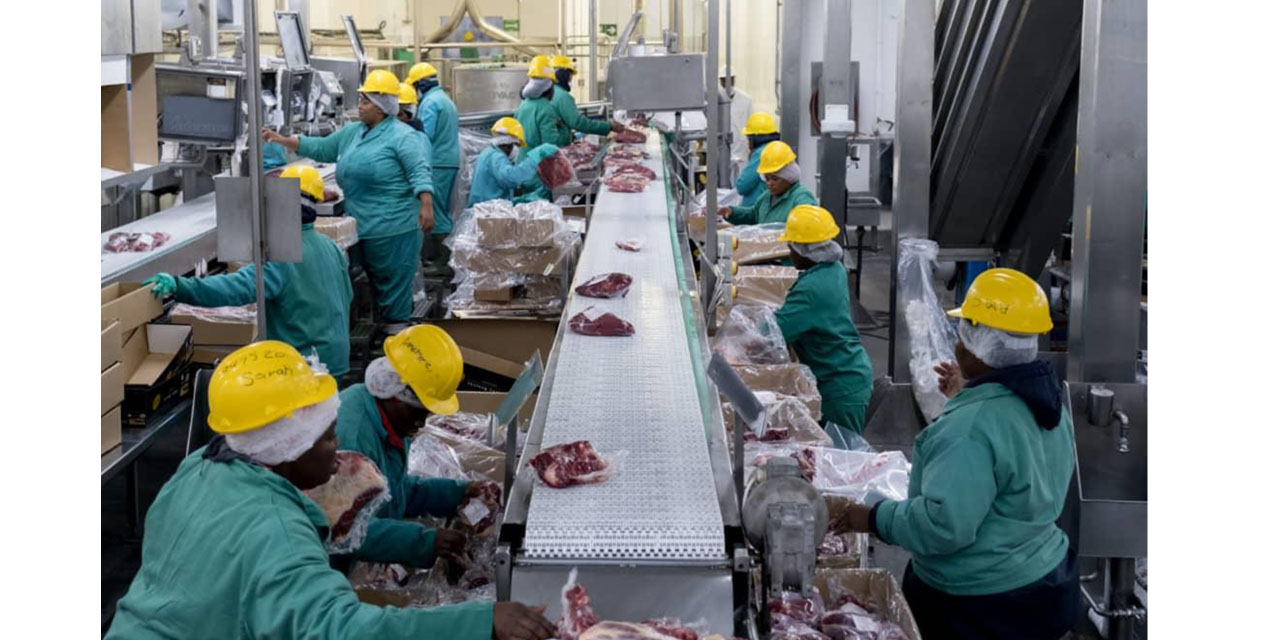Niël Terblanché
While stakeholders in Namibia’s beef production sector seek long-term solutions to low prices in the industry, the Meat Corporation of Namibia (MeatCo) has declared that it may still be able to generate profits.
Meatco Corporate Communications Officer, Undamuje Hambira stated that higher cattle numbers handled by the state-owned enterprise’s Windhoek Abattoir could signal a big turnaround in the corporation’s profitability.
“Meatco believes that if this trend continues, it will result in a consolidated recovery year for the fiscal year running from January 2023 to February 2024. The company performed well in May and June, generating approximately N$107 million and N$190 million in revenue,” he said.
According to Hambira, Meatco intends to fulfill its pledge to pay producers on time while controlling and compensating suppliers in order to maximise returns by supplying premium meat products to attractive niche markets.
“Meatco anticipates another profit in July,” he said.
The upbeat remark about prospective profitability comes less than a month after MeatCo Chief Executive Officer (CEO), Mwilima Mushokobanji petitioned the Parliamentary Standing Committee on Economics and Public Administration for policy reforms to save the state-owned corporation.
Mushokobanji told the Parliamentary Committee at the end of June that Meatco’s market share has plummeted in recent years due to underutilisation of its abattoirs.
Mushokobanji indicated that Meatco was losing money and blamed the situation on an increase in live animal exports to neighbouring South Africa.
He explained that Meatco now has only a 15 percent market share, while the live export market accounts for 58 percent of production, while the remaining 27 market is consumed by private local abattoirs.
He cited a scarcity of low-cost feed, high producer pricing, high operational costs, and animal illness outbreaks as some of the company’s challenges.
As a result of its current perilous financial state, the firm declined employees’ desire for a 14 percent compensation rise three weeks ago.
Mushokabanji informed disgruntled employees in July that Meatco was unable to meet their demands because the company needs time to recover financially.
According to Namibian Agricultural Union CEO Roelie Venter, the favorable results announced by Meatco in its release are due to beef farmers’ emergency marketing plans.
“The current drought has forced farmers in Namibia’s beef-producing areas to reduce the number of cattle in their herds,” he explained.
Farmers, according to Venter, have been selling off their cattle since April of this year, which has resulted in the increased numbers recorded by Meatco.




